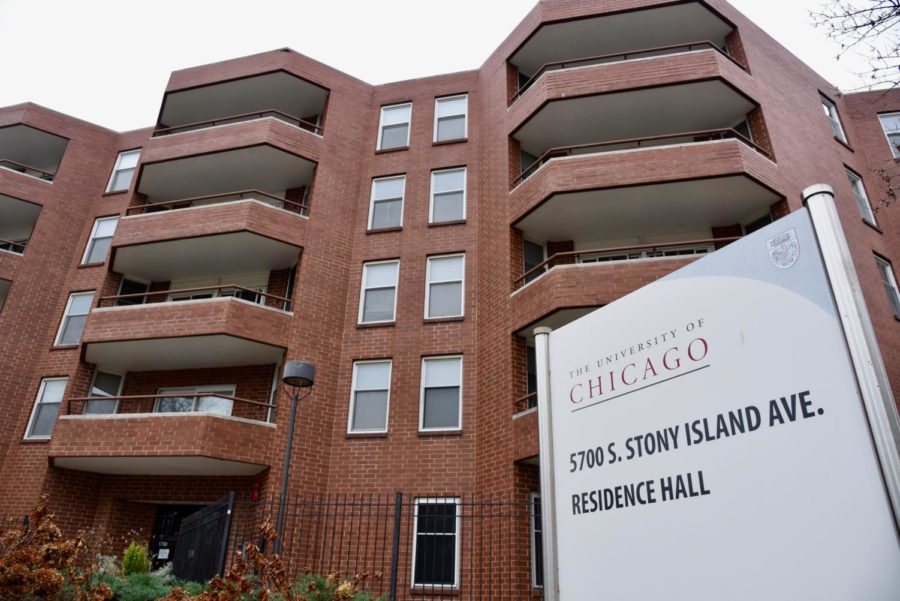On Friday, January 14, the University announced that it may require residential students who test positive for COVID-19 to isolate in their assigned rooms instead of relocating to dedicated isolation housing in Stony Island Hall. In an email sent Friday to all students living in University housing, Assistant Vice President for Campus Life Richard Mason and Interim Executive Director of Housing & Residence Life Heath Rossner wrote that UChicago is also considering relocating students whose roommates test positive for COVID-19 to nearby accommodations. “These alternate accommodations are located either on-campus or very close to campus and will be provided at no additional expense,” Mason and Rossner wrote.
According to a resident assistant (RA) present at a meeting of Housing & Residence Life (HRL) staff in Renee Granville-Grossman Residential Commons West on Wednesday, the University has floated the idea of using nearby hotels to house students. The RA, who spoke on the condition of anonymity out of fear of retaliation by HRL, said that Interim Senior Assistant Director of Residence Life at Granville-Grossman Jessica Beaver-Hollman told Granville-Grossman housing staff that the University is considering accommodation in hotels if current quarantine housing faces additional strain.
The University reported 481 new COVID-19 cases in its January 6 weekly update and 469 cases in its January 14 update—the two highest new case counts since reporting began—but only 13 students were in on-campus quarantine housing as of January 14. Currently, the former Stony Island dorm is the only location for quarantine housing on campus. Per an email from the University, Stony currently operates at a 120-person capacity. Some students who isolated in Stony have reported that the building’s 4-person apartments are currently housing 6 people at a time.
University spokesperson Jeremy Manier declined to clarify whether the additional housing would be offered in local hotels, writing in a further comment to The Maroon, “The alternate housing would include both vacant residence hall rooms and additional spaces that are very close to campus.” Manier added that students in any type of alternate housing would still have access to their meal plans for the duration of their relocation.
This would not be the first time that the University has turned to local hotels to house students. In fall 2020, with residence halls operating at limited capacity, the University gave students the option to lease single-occupancy rooms on designated floors in the Sophy Hotel on East 53rd Street and the Hyatt Place hotel in Harper Court at monthly rates of $2,300 and $3,000 respectively. Ultimately, University spokesperson Gerald McSwiggan said, the University was able to accommodate all eligible students who sought on-campus housing for fall 2020, and no residential students lived in local hotels.
Another Granville-Grossman RA, who attended a meeting of Renee Granville-Grossman East staff on Thursday, January 13, during which the hotel housing plan was also discussed, said they thought the hotels may offer a better solution than the isolation-in-place policy.
“Nobody on [the] housing staff likes the idea of isolation-in-place. We have RHs [resident heads] with small children who can’t get vaccinated, so the idea of sick individuals living among us in our building who could potentially infect other people and make them really sick is horrifying,” they said.
The RA added that as a member of housing staff, they have struggled to keep up with the University’s decision-making during the pandemic. “I wasn’t clear what the plan was, really, and that seems to be a pattern through all of this Omicron stuff,” they said. “Nothing is planned out. Nothing is clearly communicated. We’re all floating around, waiting to see what the University is doing next.”









